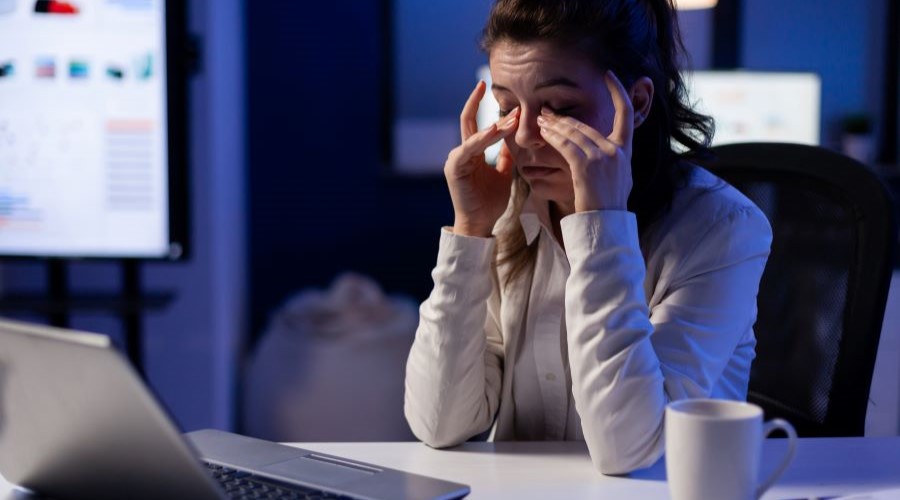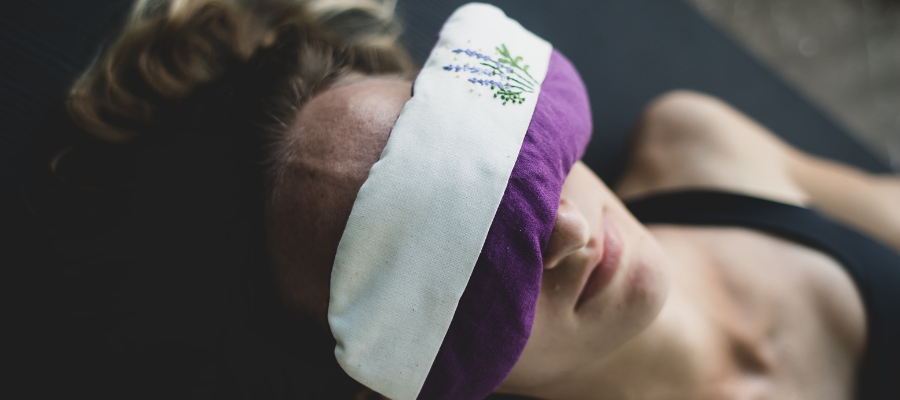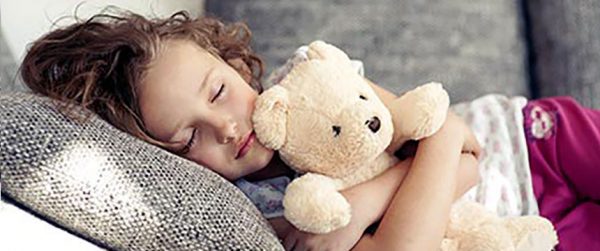Sleep Health
All Restworks articles related to sleep health:
Featured Article

The Intersection Between Exercise and Sleep
The relationship between exercise and sleep is a vital component of overall health. Both physical activity and sleep play significant roles in improving mental and physical well-being.
While exercise has long been associated with numerous benefits such as increased strength, improved cardiovascular health, and weight management, it also plays a crucial role in promoting better sleep. Sleep, in turn, supports recovery and performance, creating a mutually beneficial cycle between the two. Understanding the reciprocal benefits of sleep and exercise can help you make informed decisions about your health routines.
How Exercise Affects Sleep
Research has shown that regular physical activity can significantly improve sleep quality. Exercise helps regulate the body’s circadian rhythm, which is the internal clock that controls the sleep-wake cycle. By promoting a consistent routine of physical activity, individuals can better align their sleep patterns, falling asleep faster and experiencing deeper,...
Recent Articles

How to Fall Asleep Faster: 6 Easy Tips Backed by Science
IN THIS ARTICLE, WE WILL EXPLORE METHODS THAT IMPACT HOW QUICKLY YOU MAY FALL ASLEEP AND OFFER TIPS YOU CAN TRY IMMEDIATELY TO FALL ASLEEP FASTER TONIGHT.

How Sleep may Improve Employee Productivity
A lot of people don't get enough sleep. In fact, the Centers for Disease Control and Prevention reports that one out of three adults gets less than seven hours of sleep on a work night. A lack of sleep makes it difficult to concentrate and is associated with serious health problems such as obesity and diabetes. But did you know that getting too little sleep may also be hurting your employees' productivity?

Sleep to Reduce Anxiety: The Natural Treatment
We all experience anxiety at some point in our lives and for varying lengths of time. In this post, we'll talk about how we can use natural remedies like sleep, relaxation exercises, and mindfulness to reduce anxiety in our everyday.
Older Articles

- Foods that help you sleep through the night
- Best Pillow for your Sleep Style
- How much deep sleep should I get?
- How much sleep do I need?
- The Connection Between Endorphins, Sleep and Memory
- Will Daylight Savings Time be Permanent?
- How Menopause Affects and Changes Sleep
- Sleep Deprivation in College Students
- Sleeping Late: Is It Bad For Your Health?
- The Importance of Our Circadian Rhythm
- The Connection Between Sleeplessness and Diabetes
- What to Eat for a Good Night’s Sleep
- CBD and Sleep: An Overview
- Exercise and Sleep
- Nap before or after workout?
- Restless Leg Syndrome (RLS): Causes and Treatment
- Sleeping during pregnancy
- Sleep Apnea – Causes and Treatment
- Nightmares, Night Terrors, and Sleeplessness
- How to work night shift and stay healthy
- Sleep during Covid-19
- How to Stop Sleep Inertia – 6 Actionable Tips
- The Relationship between Sleep and Weight Loss
- Are Alarm Clocks Bad for You?
- Alcohol and Sleep: What You need to Know
- Light box therapy for jet-lag
- Why Worry about Sleep Deprivation Among Students?
- Stress and Sleep: How the two Interact
- Here are the Best Natural Sleep Remedies for a Good Night’s Rest
- Blue Light – How does it affect Our Sleep?
- Pets in bed – is it a good idea?
- Caffeine and Sleep: 3 FAQ’s
- Sleep Cycles: How the Sleep Stages affect Your Health

